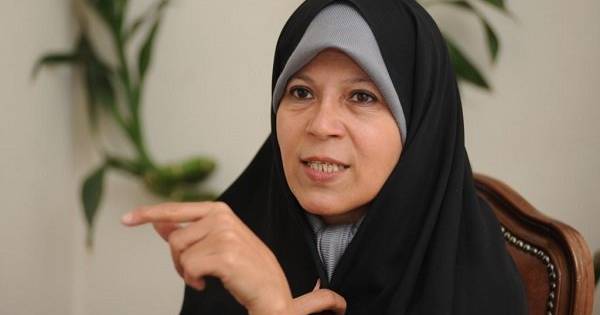Breaking: Daughter of Former Leader Challenges Regime's Religious Grip, Advocates Nuclear Stance

In a bold and potentially transformative political shift, Iran's Reformist politicians are challenging the nation's long-standing religious governance by advocating for a secular government. This emerging perspective represents a dramatic departure from the Islamic theocratic system that has dominated Iran's political landscape since the revolutionary upheaval of 1979.
The call for secularism signals a growing desire among progressive political voices to reimagine Iran's governmental structure, moving away from religious doctrine and towards a more pluralistic and inclusive model of governance. By challenging the current system, these reformists are proposing a fundamental reimagining of the country's political identity, one that separates religious institutions from state power and prioritizes individual rights and democratic principles.
This emerging dialogue reflects the complex tensions within Iranian political circles, highlighting the ongoing struggle between traditional religious governance and modern democratic aspirations. As these reformist voices gain momentum, they are sparking a critical conversation about the future direction of Iran's political and social landscape.

